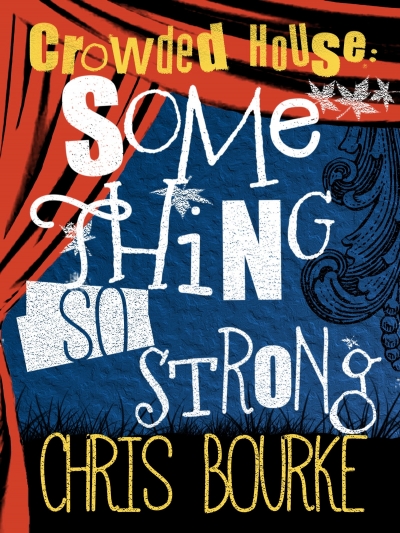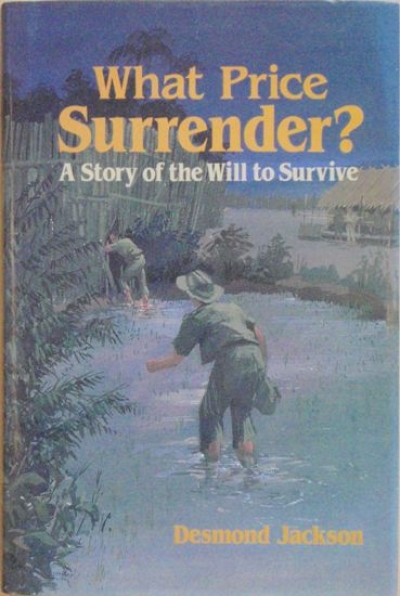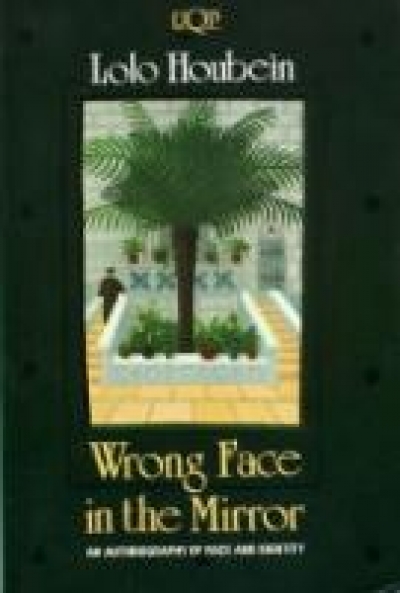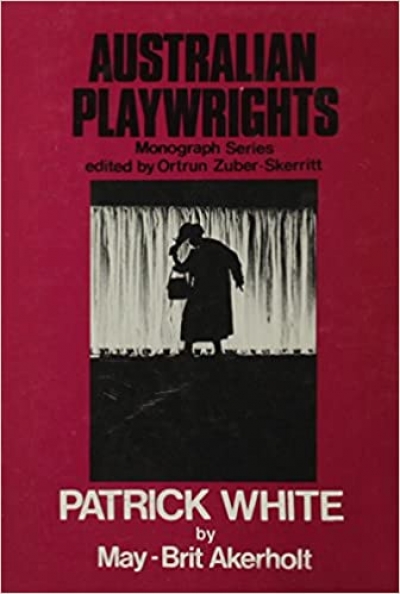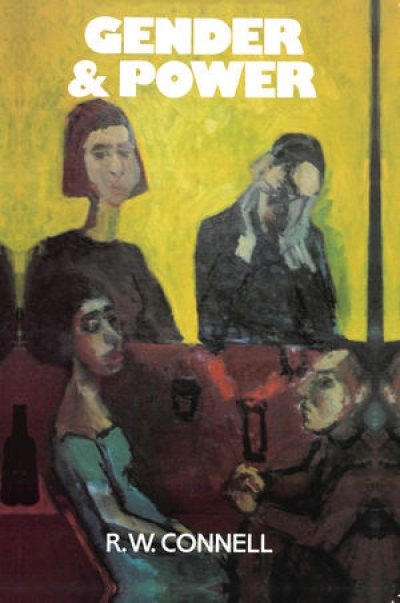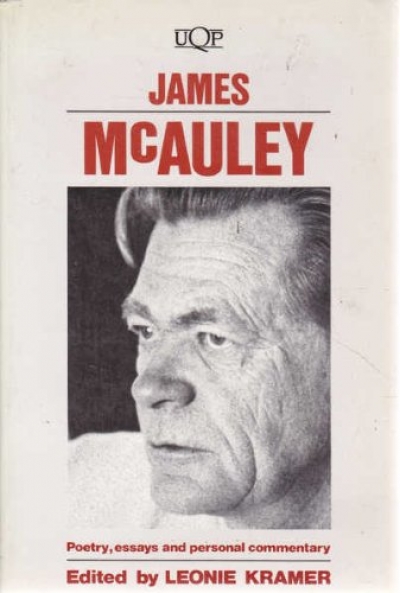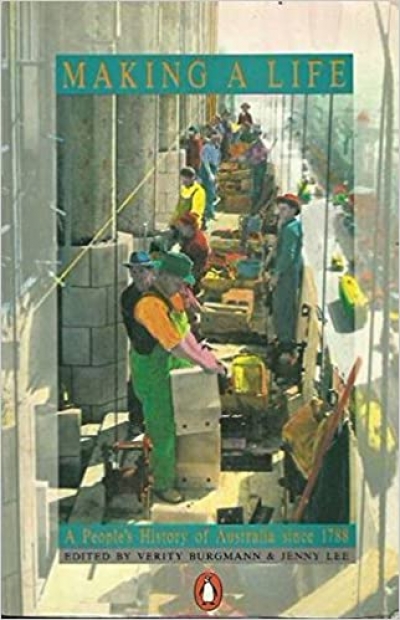NonFiction
Intellectuals and Publics: Essays on Cultural Theory and Practice edited by Paolo Bartolini, Karen Lynch, and Shane Kendal
by Michael McGirr •
What Price Surrender?: A story of the will to survive by Desmond Jackson
by Stephen Matchett •
Wrong Face in the Mirror: An Autobiography of Race and Identity by Lolo Houbein
by Margot Luke •
La Mama: The story of a theatre by Liz Jones, Betty Burstall, and Helen Garner
by Bill Garner •
Patrick White by May-Brit Akerholt & Jack Hibberd by Paul McGillick
James McAuley: Poetry, essays and personal commentary edited by Leonie Kramer
by Lyn McCredden •
Making a Life edited by Verity Burgmann and Jenny Lee & Constructing a Culture edited by Verity Burgmann and Jenny Lee
by Peter Spearritt •


